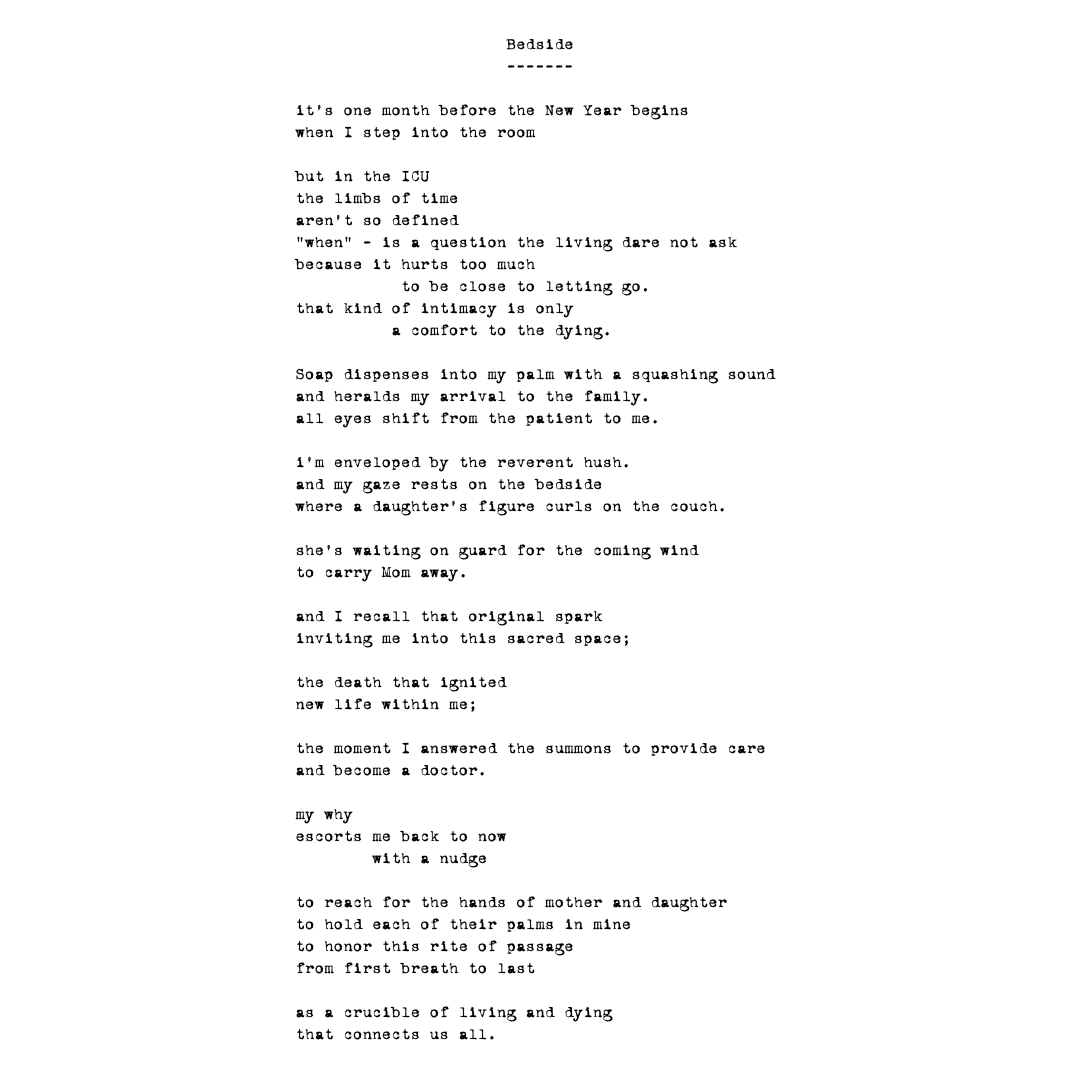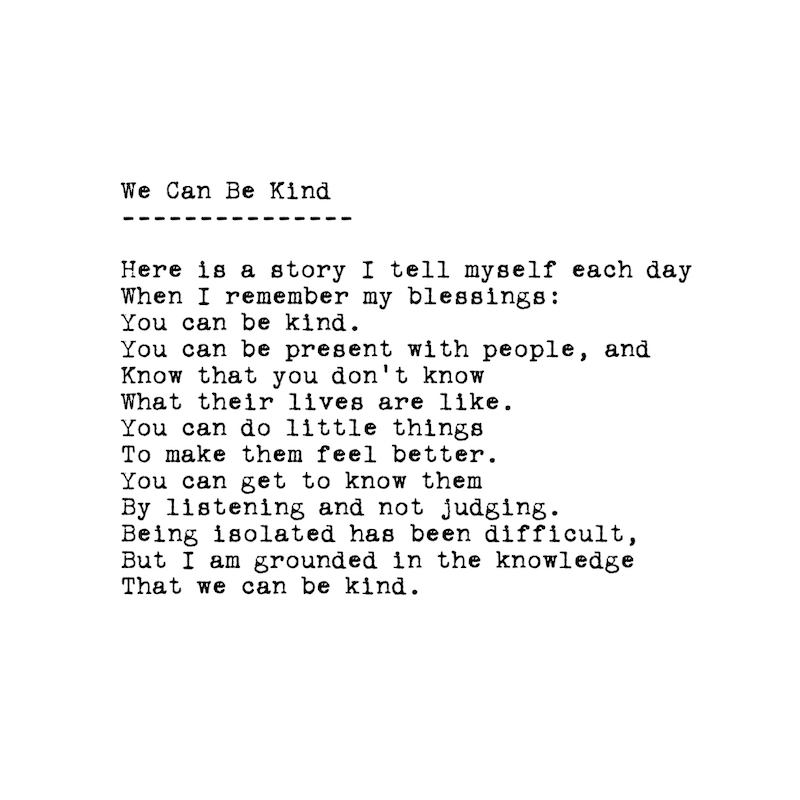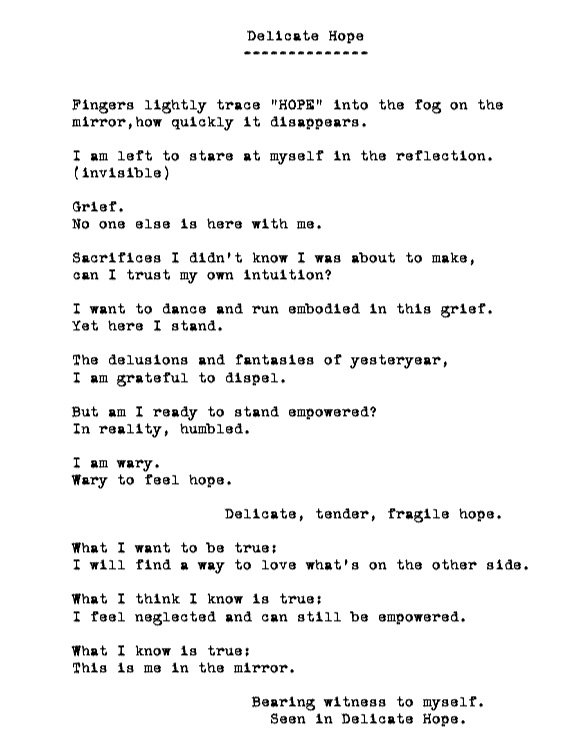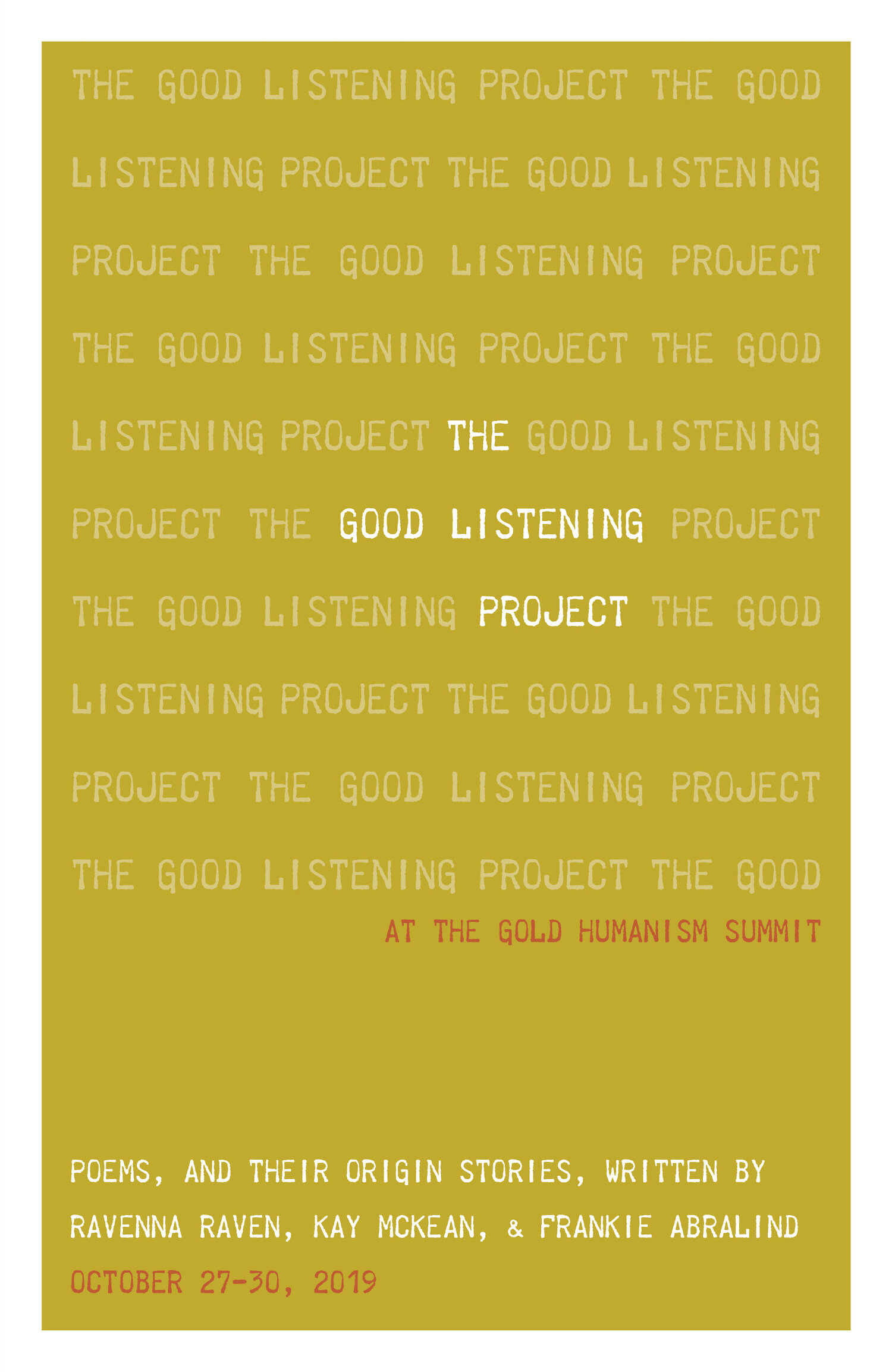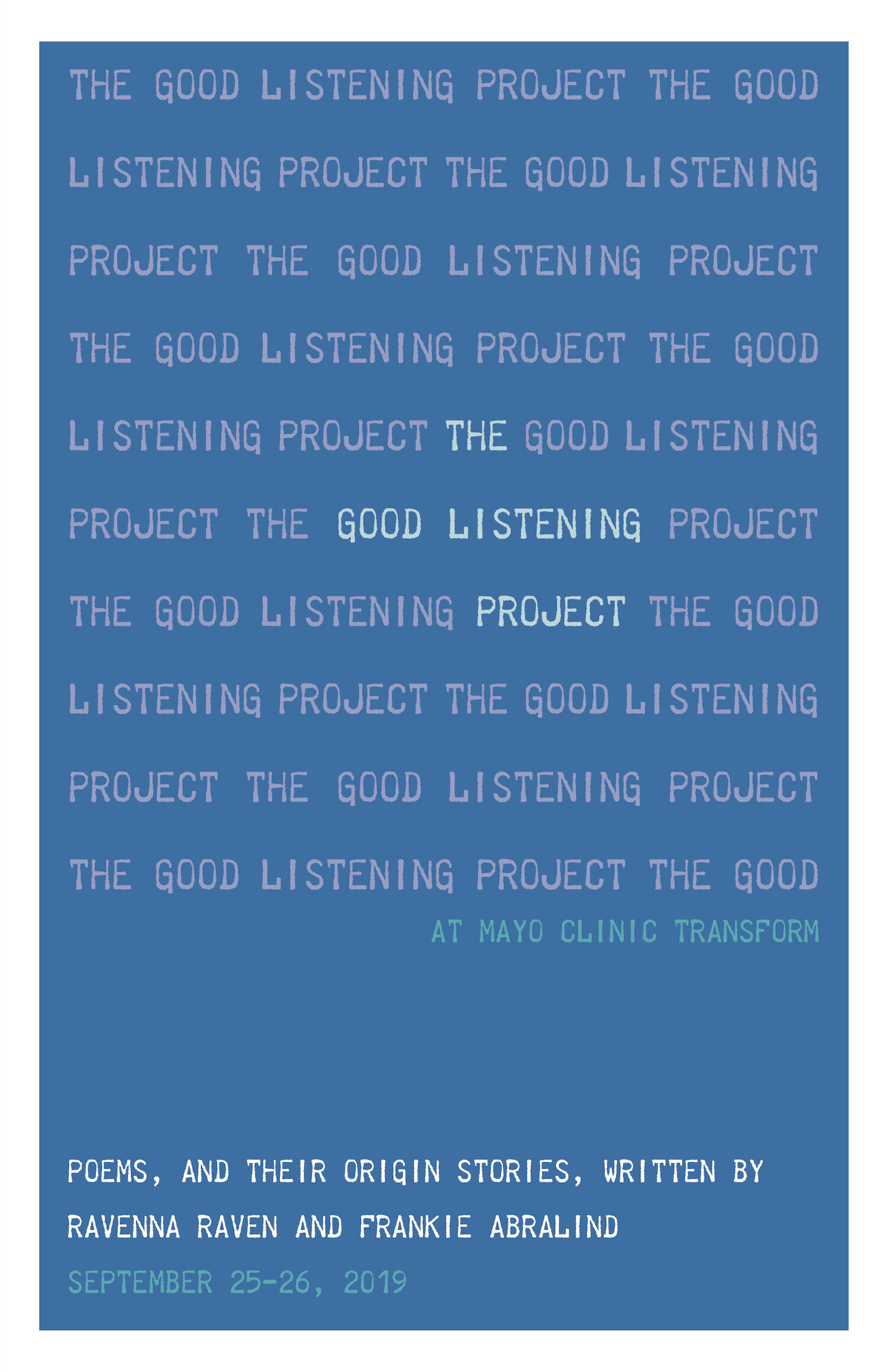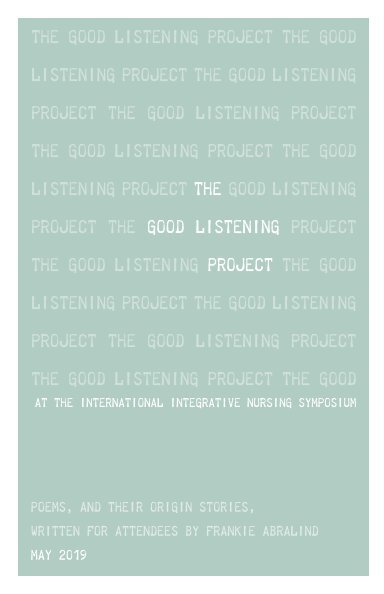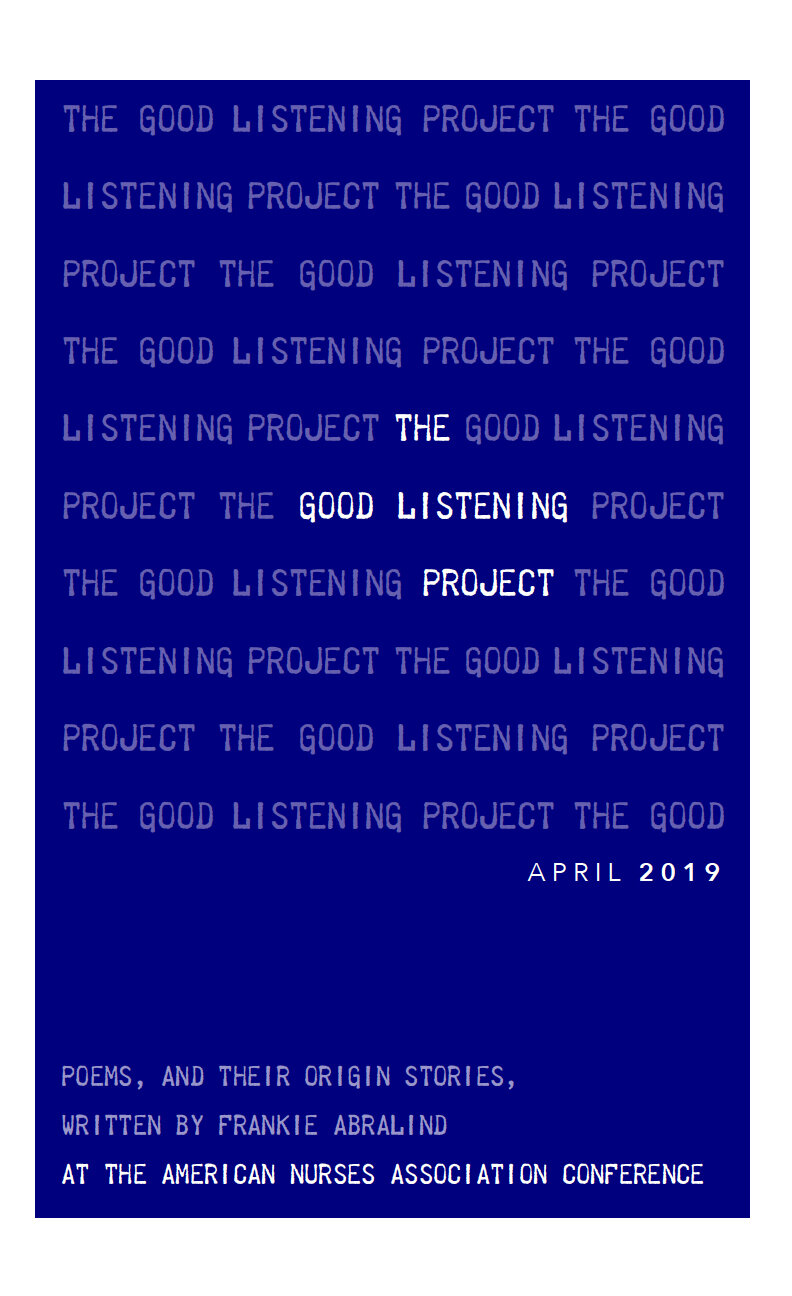“Yosef the Builder,” a poem by Yvette Perry
This physician discussed being the only one in his practice network with expertise in patients with a specific type of chronic pain. He said he enjoyed his work – in particular the meaningful and intimate relationships he was able to build with his patients – but others did not always understand the work he did.
He saw his role as sometimes not “curing” by applying differential diagnosis, but helping his patients find ways to cope with their pain.
Yvette Perry, Listener Poet
Association of American Medical Colleges
March 2021
Yosef the Builder
By Yvette Perry, Listener Poet
Some houses can be fixed
Those who fix them will arrive in large teams
driving shiny vans
They’ll examine the ceiling stain and then
investigate the roof and then the pipes
and then the radiator on the floor above
Process of systematic elimination
they have chests of tools to tighten or
seal, saw out and replace anew
Curing the house of its ills
He arrives alone, after the teams leave the
house that refused fixing
He knows sometimes the house’s pain
Lives deep inside the spine and brain
Hard to get to with traditional tools,
His chest also includes faith in the unseen
energy to face the unknown
skill building connections
The house lets him in
Some houses can be fixed
Others, he’ll know,
Not cure but cope
She is a single mother born to a single mother and had to grow up fast. She is juggling a sticky work situation, her own anxiety and depression, and being away from home and her kids.
Instead of the usual Listener Poet format – listening to one person’s story and responding with a framing narrative and custom poem – I was invited to create a group poem for forty participants at the Arts in Healing luncheon, hosted by the Inova Health Foundation in partnership with the board.
What does it mean for people living with Sickle Cell Disease to be seen, heard, and understood? For this person, it meant finding – and using – her voice to advocate for herself and for others.
“I’ve experienced a lot of big losses,” she said, referencing the passing of a grandfather and two uncles who did not survive their cancer diagnoses. “There were others too.”
Professionally, Lacks’ story represents for her the need to critically examine our research infrastructure generally. “We need to pay more attention to the sustainability of research,” she explained. “Private companies benefit from publicly-funded research without a requirement to give back to ensure the viability of future research.”
“The fact of my life is a miracle,” she told me. Living with multiple chronic illnesses, this patient spoke to me of her journey with alopecia. Of how, in witnessing her body transformed by the condition, she continues to move at once through grief and reclamation.
“I can’t see a future outside of our relationship,” she tells me, “but I also can’t see a future outside of residency.”
“I always believe, no matter what the doctor says, that I will be cured,” she says as her sister sits next to her.
“I wonder if these medical professionals, in caring for people who face such insurmountable odds, walk around all the time carrying this weight I’m hauling now.”
He had been trying to cope with the grief ever since and was on a quest for soul-searching and meaning-making.
She spoke about the ways this traumatic event shaped who she is today: a person with an “unshakeable peace” born of deep faith,
She wanted to help people feel comfortable and transform the shame around colon issues. "I want to talk about things that matter, the things people don't want to discuss.
When we met, she was coming off a stretch of nine 14-hour shifts. She was tired but in good spirits.
She reflected on how her resilience was born from moments of shared mirth amid life's trying chapters.
“Life is complex and dirty, but digging in is important to me,” she said. “Maybe if more of us understood history, we could understand each other better.”
We are expected to research, contribute to scholarship, earn grants – all on our own time.
We are expected to research, contribute to scholarship, earn grants – all on our own time.
Every day, I try to see through the patient lens, and I ask: what can we do to change this broken system?
This past year, he was a right defensive tackle on his school football team, but for the past two and a half years, he’d been caring for his dad, who had cancer.
She was very proud of her daughter and has hopes for “a bright future that’s as pain free as possible”
“I’m trying to focus on doing little things to make people feel better during everything that’s going on in the world,” she told me.
“It’s hard to see others struggle,” she said. “How can I help with their struggle without struggling myself?”
"I'd tell her it's OK to be loud...it's OK to challenge and to bring all of you into these spaces where no one looks like you..."
